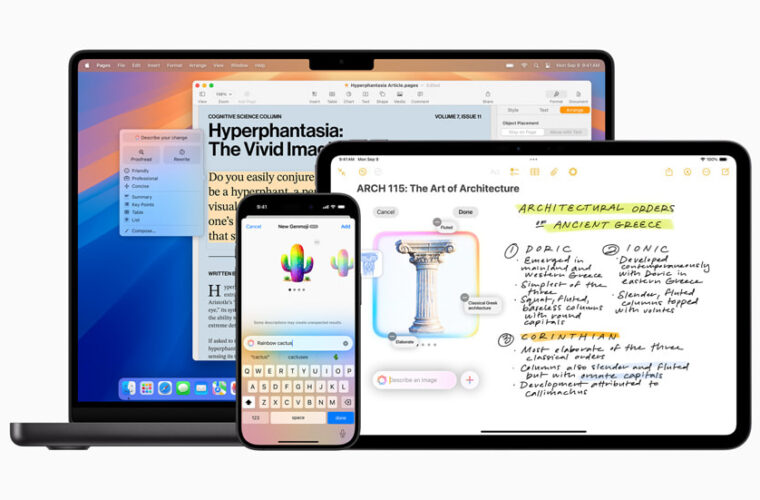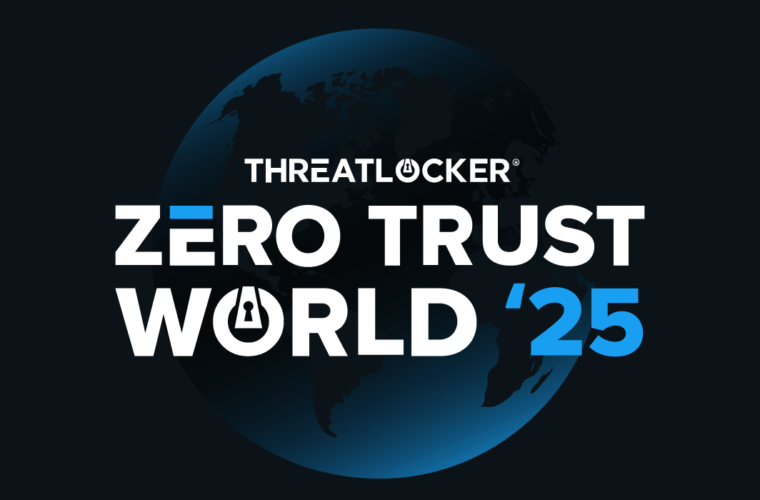As cybersecurity continues to evolve, professionals and learners are seeking new, efficient ways to acquire essential skills. One surprising yet effective tool for learning cybersecurity is ChatGPT, an AI model developed by OpenAI. While ChatGPT is widely known for generating human-like text, it can also be leveraged as a powerful educational assistant for understanding cybersecurity concepts, practising defensive techniques, and exploring potential career paths in this high-demand field.
The practical guide that follows provides useful information on how anyone can leverage ChatGPT to learn essential cybersecurity skills, enhance their understanding of the field, and take steps toward building a successful career in cybersecurity.
Grasping cybersecurity fundamentals
Cybersecurity can seem overwhelming for beginners because it spans various areas, including network security, encryption, ethical hacking, and threat detection. Luckily, ChatGPT can break down these complex topics into easy-to-understand explanations.
When you’re new to cybersecurity, it’s essential to start with the basics: understanding what cybersecurity is, how it protects systems and data, and why it’s vital in today’s digital landscape. Simply ask ChatGPT questions like:
What is cybersecurity?
Why is encryption important?
What are the most common cyber threats?
By doing so, you get digestible, clear definitions without the jargon. You can even ask follow-up questions for more in-depth understanding or examples.
Learning about cyber threats and vulnerabilities
To excel in cybersecurity, you need a solid grasp of different types of cyber threats, such as phishing, malware, ransomware, and social engineering attacks. ChatGPT can serve as an effective tool for learning these concepts by simulating various scenarios. For example, you could ask:
What is phishing, and how do hackers use it?
What steps can be taken to prevent a ransomware attack?
How does a DDoS attack work, and how can it be mitigated?
Once you understand the basics, you can dive deeper by asking about specific case studies or asking ChatGPT to explain how real-world attacks happened, what went wrong, and how similar threats can be avoided in the future.
Creating customised study plans and learning resources
One of ChatGPT’s greatest strengths is its ability to generate personalised content. You can use it to build customised study plans tailored to your current knowledge level and learning goals. Simply ask:
Help me create a cybersecurity study plan for beginners.
What should I learn to prepare for the CompTIA Security+ exam?
ChatGPT can also help you develop targeted study materials. For instance, if you’re preparing for a certification like the Certified Ethical Hacker (CEH) or Security+, ChatGPT can generate practice questions, mock quizzes, and explanations of tricky topics. This helps reinforce your learning in an interactive way.
Additionally, ChatGPT can summarise lengthy textbooks or articles for more efficient study sessions. You can paste a section of a cybersecurity guide into ChatGPT and ask for a summary, allowing you to quickly grasp the main points.
Interactive learning: hands-on cybersecurity simulations
A unique and engaging way to improve your cybersecurity skills is by simulating real-world situations. While ChatGPT isn’t a dedicated cybersecurity lab, it can guide you through practical exercises, such as Capture the Flag (CTF) challenges, which are used to develop ethical hacking skills.
For example, you can ask ChatGPT to walk you through a basic CTF challenge:
How do I start a basic network scanning exercise?
Walk me through exploiting a vulnerability in a web application.
ChatGPT can provide step-by-step guidance, explaining tools such as Nmap for network scanning or Metasploit for exploitation. While the AI won’t run the tools for you, it can act as a mentor, helping you understand each stage of the challenge and offering advice when you get stuck.
Automating routine tasks and improving productivity
If you’re already working in cybersecurity or preparing to enter the workforce, ChatGPT can help streamline routine tasks. For example, you can use it to generate compliance checklists or draft reports. Some practical applications include:
Incident Reports: Automate the creation of security incident reports by asking ChatGPT for a template or to summarise an event based on provided data.
Compliance: You can ask ChatGPT to generate checklists for specific cybersecurity regulations, such as GDPR, HIPAA, or PCI-DSS, ensuring that your systems remain compliant.
Security Policies: ChatGPT can assist in drafting security policies or procedures, outlining how an organisation should respond to different types of cyber threats.
This kind of task automation can be a massive time saver, allowing cybersecurity professionals to focus more on analysis and strategy rather than being bogged down by repetitive documentation work.

Ethical hacking and penetration testing
For aspiring ethical hackers, ChatGPT is a valuable resource for learning about penetration testing, vulnerabilities, and common attack vectors. You can ask ChatGPT how to conduct specific tests, like:
How do I perform SQL injection testing?
What are the steps for testing cross-site scripting (XSS) vulnerabilities?
While it won’t run these tests for you, ChatGPT can explain the methodologies and suggest tools for each phase of a penetration test, from reconnaissance to exploitation. As you practice these techniques in a controlled environment, you can return to ChatGPT with questions about specific challenges or errors you encounter.
Exam preparation and mock interviews
If you’re studying for cybersecurity certifications or preparing for job interviews, ChatGPT can serve as your personal coach. It can help with:
Practice Exams: You can ask for practice questions on topics like cryptography, network security, or threat detection and get detailed explanations for correct and incorrect answers.
Interview Prep: ChatGPT can simulate technical interviews, asking you common cybersecurity interview questions and providing feedback on your answers. For instance, it could ask:
What is a zero-day vulnerability, and how can it be mitigated?
Explain the differences between symmetric and asymmetric encryption.
These mock interviews can boost your confidence and prepare you for the real thing, helping you articulate your knowledge clearly and professionally.
Understanding the ethical implications of cybersecurity
Finally, cybersecurity professionals must always keep ethics in mind. ChatGPT can help you navigate the ethical considerations involved in ethical hacking, data privacy, and security policies. You can ask it to clarify:
What are the ethical guidelines for penetration testers?
How can companies protect user data without violating privacy laws?
Understanding these ethical aspects is crucial for building a responsible and legally compliant career in cybersecurity.
ChatGPT offers a wealth of opportunities for learning and enhancing cybersecurity skills. From mastering the basics to preparing for certifications and even automating routine tasks, this AI-powered assistant can be your guide. While ChatGPT isn’t a replacement for hands-on practice and formal education, it’s a powerful tool to supplement your learning and make the journey smoother. By integrating ChatGPT into your learning process, you can accelerate your path to becoming a proficient cybersecurity professional, ready to tackle the challenges of today’s digital world.



